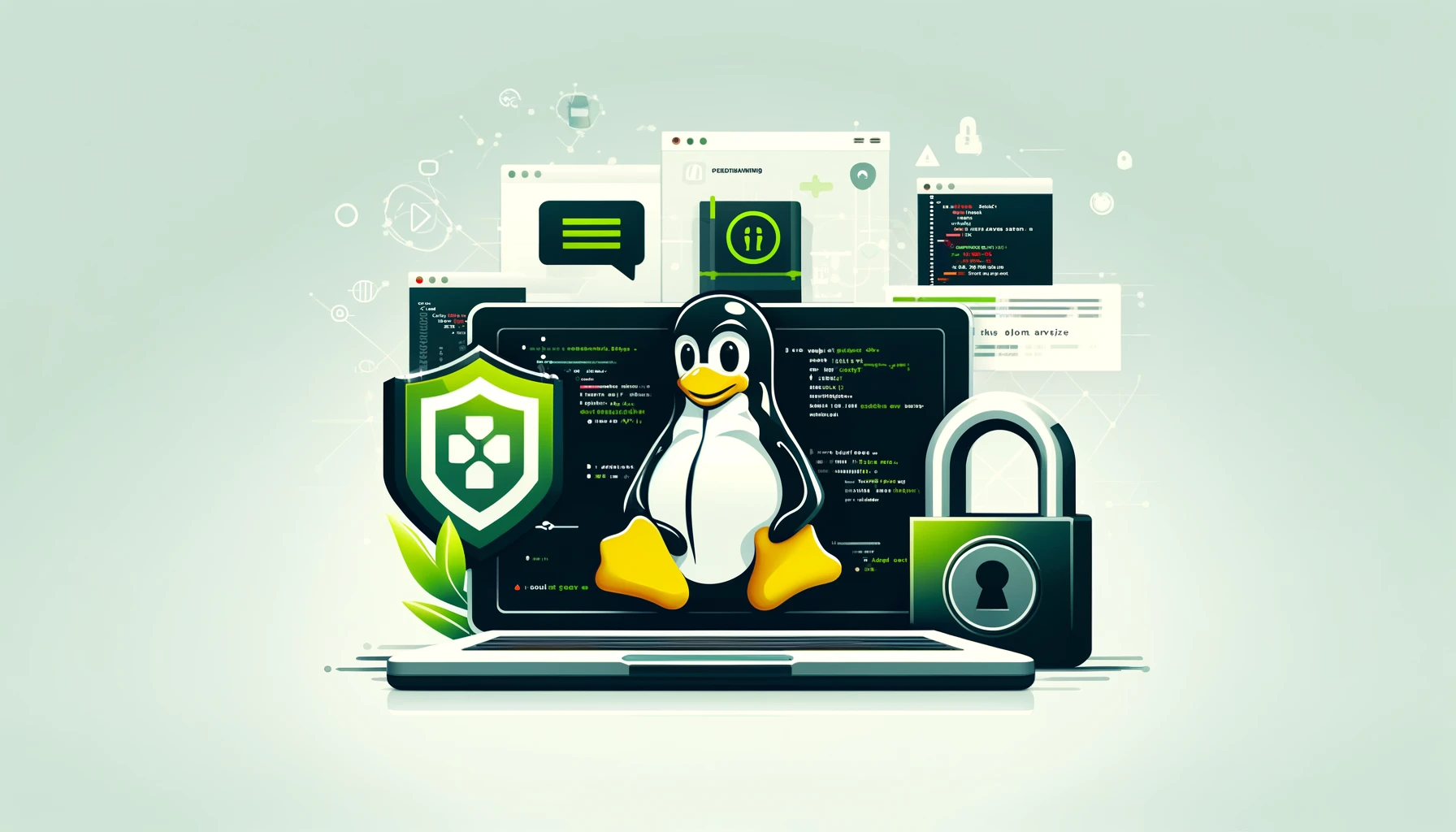Introduction
In the Linux world, package management is a routine yet crucial task, performed efficiently by tools such as apt and dpkg. However, administrators and users occasionally encounter roadblocks, notably the dreaded lock errors. One such error that can disrupt your system management efforts is the dpkg frontend lock issue. This article delves into the causes of this error, potential solutions, and best practices to avoid disrupting your system’s integrity.
Understanding the Error
The error message:
E: Could not get lock /var/lib/dpkg/lock-frontend. It is held by process 9050 (unattended-upgr)
N: Be aware that removing the lock file is not a solution and may break your system.
E: Unable to acquire the dpkg frontend lock (/var/lib/dpkg/lock-frontend), is another process using it?
signifies that the dpkg frontend lock file is currently in use, preventing any other processes from making simultaneous changes to your system’s package state. This mechanism ensures stability and consistency by preventing concurrent updates that could potentially lead to conflicts or corruption.
Common Causes
- Automatic System Updates: On many systems, automatic updates are configured to run in the background. Tools like
unattended-upgradescan lock the package database while they update software automatically, leading to the mentioned error. - Concurrent Package Management Operations: Attempting to run multiple package management commands simultaneously can also cause this error.
Solutions
Check Running Processes
The first step is to identify the process holding the lock. The error message usually provides the PID (Process ID), in this case, 9050. You can investigate this process further with:
ps -p 9050
If the process is indeed an automatic update or a legitimate package management operation, it’s best to wait until it completes.

Kill the Process (Caution Advised)
If you’ve determined that the process is stuck or shouldn’t be running, you can terminate it using:
sudo kill -9 9050
Warning: This approach can lead to system instability or inconsistent state if not done cautiously. Always ensure that the process you’re killing is safe to terminate.
Avoid Removing the Lock File
Despite suggestions found in various forums, directly removing the lock file (/var/lib/dpkg/lock-frontend) is risky and can lead to database corruption. The lock file exists for protecting the integrity of your system’s package management operations.
Best Practices
- Scheduled Updates: Configure automatic updates to run during low-usage hours to minimize conflicts.
- Single Operation Principle: Avoid running multiple package management commands simultaneously.
- System Monitoring: Utilize system monitoring tools to keep an eye on automatic processes and manage them effectively.
Conclusion
Encountering a dpkg frontend lock error can be frustrating, but it serves an important purpose in maintaining the health and consistency of your system. By understanding the causes and cautiously applying solutions, you can navigate these errors without risking system integrity. Remember, patience and best practices in system management are key to a stable and efficient Linux environment.
Academy
Learn the Ansible automation technology with some real-life examples in my
Udemy 300+ Lessons Video Course.

My book Ansible By Examples: 200+ Automation Examples For Linux and Windows System Administrator and DevOps

Donate
Want to keep this project going? Please donate
